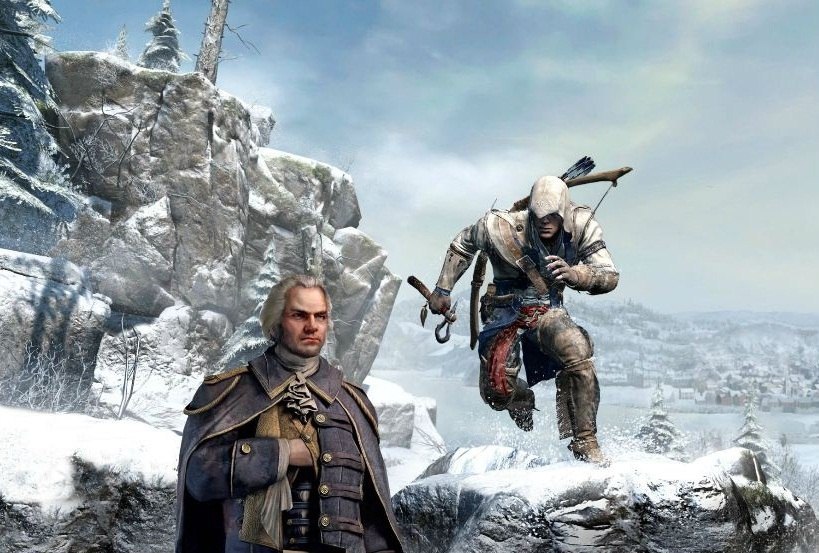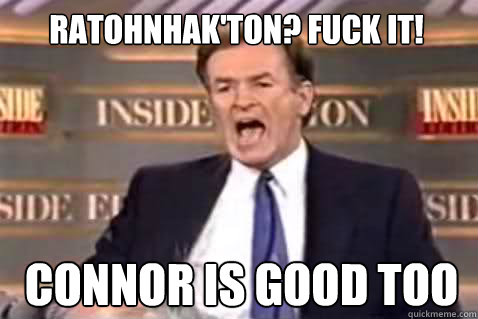Let me take a moment to contextualize that statement: despite my best efforts I still have yet to see Oscar nominees Hugo and Midnight in Paris (both of which I expect will be phenomenal), and I missed out on Tree of Life simply for lack of enthusiasm. I also never bothered to see The Iron Lady, Albert Nobbs, or War Horse because, quite frankly, I thought they looked like shit films and the word from critics was that my instincts were right. Finally, I also missed out on some allegedly great smaller flicks like A Separation, though I intend to rectify that shortly.
Now, with those caveats out of the way, let me tell you about why I thought Martha Marcy May Marlene was a sublime achievement in cinema.
Martha Marcy May Marlene takes place immediately after a young girl (predictably) named Martha -- played by the incredible Elizabeth Olsen -- escapes from a cult after two years of isolation from the rest of the world. The movie tells the story of her struggles to reintegrate herself into society while living with her sister Lucy. Throughout the film we see moments from Martha's time with the cult that explain what she went through and give a sense of why she ran away. These memories are so seamlessly integrated with the depiction of Martha's new life that it is sometimes difficult to tell whether what's on screen is a vision from the past or an event Martha is currently living through. And that's exactly the point.
The central conceit of Martha Marcy May Marlene is the psychological trauma that Martha suffers from as a result of her time with the cult. When the movie starts we see Martha at her weakest: she is terrified and alienated from society to the point of being completely unable to explain what's happened to her, even to her own sister. After a few minutes we see a memory from a few years earlier when she first encountered the cult, and it shows how normal and strong she was before. As the film progresses we both see Martha struggle to readjust to normal life and also her memories of the horrifying experience that broke down her personality. While Martha's mental scars become more apparent to her family, we the viewer become privy to the memories underneath. The result is that we not only begin to understand her way of thinking, we also begin to share her fears.
Martha Marcy May Marlene is a psychological masterpiece that doesn't simply portray its main character's feelings of paranoia, it makes the viewer share them right along with her. As the cult's true nature becomes clear from Martha's memories, her outbursts around her sister seem less and less irrational and more poignantly understandable. By the end of the movie we are literally sharing her delusional hallucinations, or are we? Part of the film's brilliance is that we're never quite sure, just like Martha.
I've made it clear before that I'm a fan of horror movies, and that sentiment plays a major role in my affection for Martha Marcy May Marlene. It skirts the genre divide between psychological thriller and horror only insofar as the violence takes place almost entirely in Martha's mind. With that established, it should be clear that Martha Marcy May Marlene is not for the faint of heart: by the end of the movie I was literally sweating and ready to jump at the slightest movement in my peripheral vision. But that's just a testament how powerfully the film makes you understand Martha's battered and terrified perspective.
Martha Marcy May Marlene is not a film for everybody but it was without a doubt my favourite film of 2011. It affected me more than anything else I saw last year and so if you're prepared for a powerful and horrifying psychological thriller then I strongly recommend you check it out.






